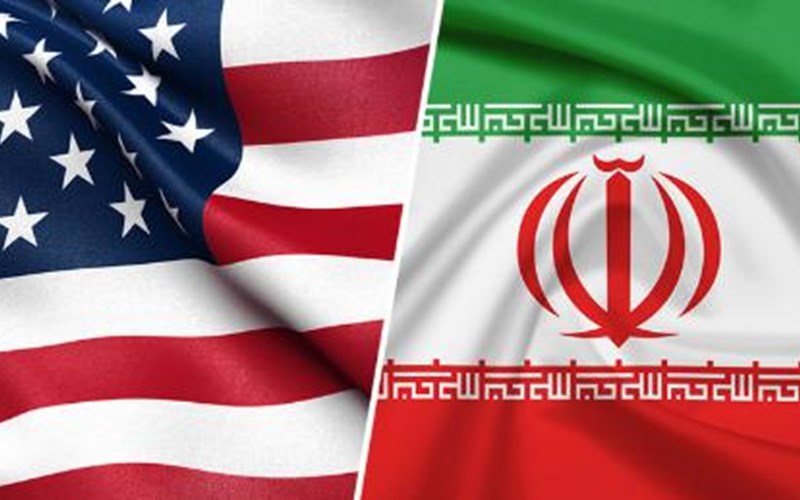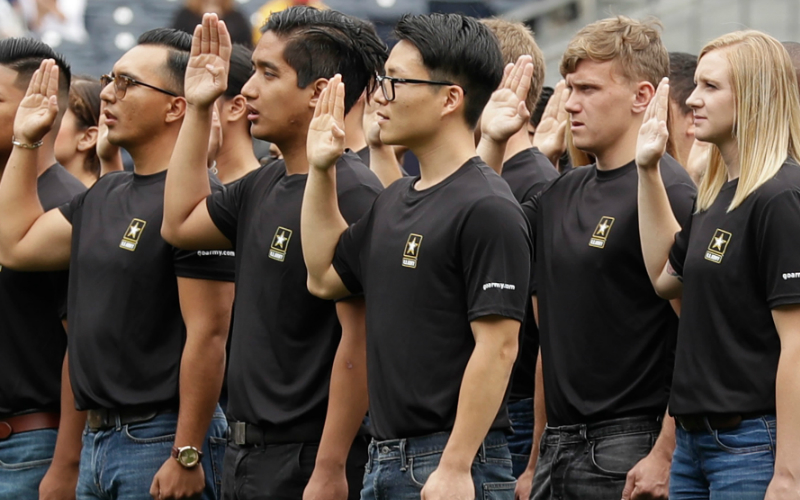The Iranian regime has a long history of influencing the United States. Its efforts date back to the Islamic revolution of 1978-79, according to Adrian Calamel, a Middle Eastern and terrorism scholar. He explains that while some Iranians returned to help build the Middle Eastern country's society, Iranian Supreme Leader Ali Khamenei began calling upon others to remain in the West.
"For some of those who had gone to college or spent their formative years in the West," Calamel says, "Khamenei instructed many to stay in the West." And the reason, he tells American Family News, is that Khamenei wanted to "understand how the West works."

As a result, Calamel notes, many remained in the United States and Europe – so by the early 2000s, the Islamic Republic of Iran had gained a legitimate degree of influence in the United States. "The National Iranian American Congress (NIAC), founded by Tritra Parsi, became the tip of the spear for an Islamic Republic propaganda campaign in the West," he contends.
According to the Middle East scholar, "the biggest drive of the organization was to normalize the Islamic Republic and push toward the Joint Comprehensive Plan of Action (JCPOA)" – a nuclear deal that a White House official indicated this week is "highly unlikely" to be agreed upon.
Interestingly, he says, NIAC was dubbed as a typical grassroots organization vying for increased relations between the Islamic Republic and the United States.
"But what was exposed in subsequent years was that the organization was getting directly funded by the Iranian regime," he offers – adding this warning: "This is the same Islamic Republic that's been at war with the United States for 43 years, and people need to wake up to that fact."
Calamel adds that he's also alarmed that "all the sunset clauses" have been removed from the JCPOA deal.
"So, when they do get a nuclear weapon," he predicts, "it's going to cause all sorts of problems" – such as "nuclear blackmail" with the U.S. and allies, and an exponentially increased threat to Israel.
While Calamel contends Iran should remain under "severe sanctions," he points out sanctions have to be enforced to be effective.
"Without sanctions," he says, "they are flush with cash to the point where they've raised the budget for the Islamic Revolutionary Guard Corps (IRGC), a foreign terrorist organization, which has been responsible for killing many Americans and allies."
According to Calamel, President Joe Biden's approach to the Islamic Republic has resulted in its growth in the Middle East over the last year. "The Biden administration has signaled to them that they can continue to do whatever they want to," he laments.
All the while, beyond the terrorist organization's alarming presence in Latin America, Calamel notes that Hizballah, an Iranian-backed terrorist organization, "has built a bridge to America, [facilitating] Iran's work within the United States." As an example, he points to the recent operatives largely ignored by the Biden administration who have plotted for the destruction of America. Calamel warns there are many more to found on U.S. soil.







